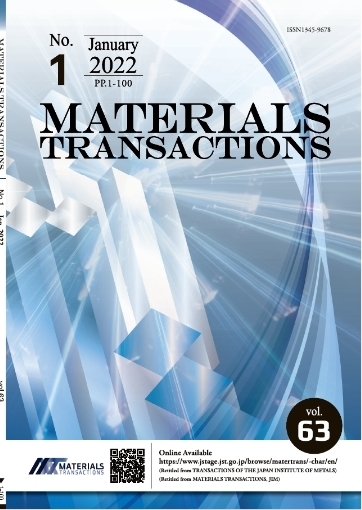Improved Properties of TiC Coating Deposited on Copper Alloy via Friction Stir Processing
Zhixiong Xie, P. Luo, S. J. Dong, FenFang Tan
pp. 1639-1642
Abstract
In this work, TiC coating on a copper alloy electrode, which is prepared by a special electron-spark deposition process (ESD), was modified by friction stir processing (FSP). The microstructure evolution of the coating was investigated, while the mechanical properties of the coating and interface were measured. The results show that FSP eliminates the cracks within TiC coating and improves the interface bonding between the TiC coating and substrate. The hardness of the FSPed TiC coating is increased about 800 HV by decreasing cracks. The elimination of the cracks within the coating is ascribed to the thermal-mechanical effect on the coating during the FSP. The increase in hardness is attributed to the decreasing number of cracks and the disappearance of columnar Cu grains, which are modified by FSP.










